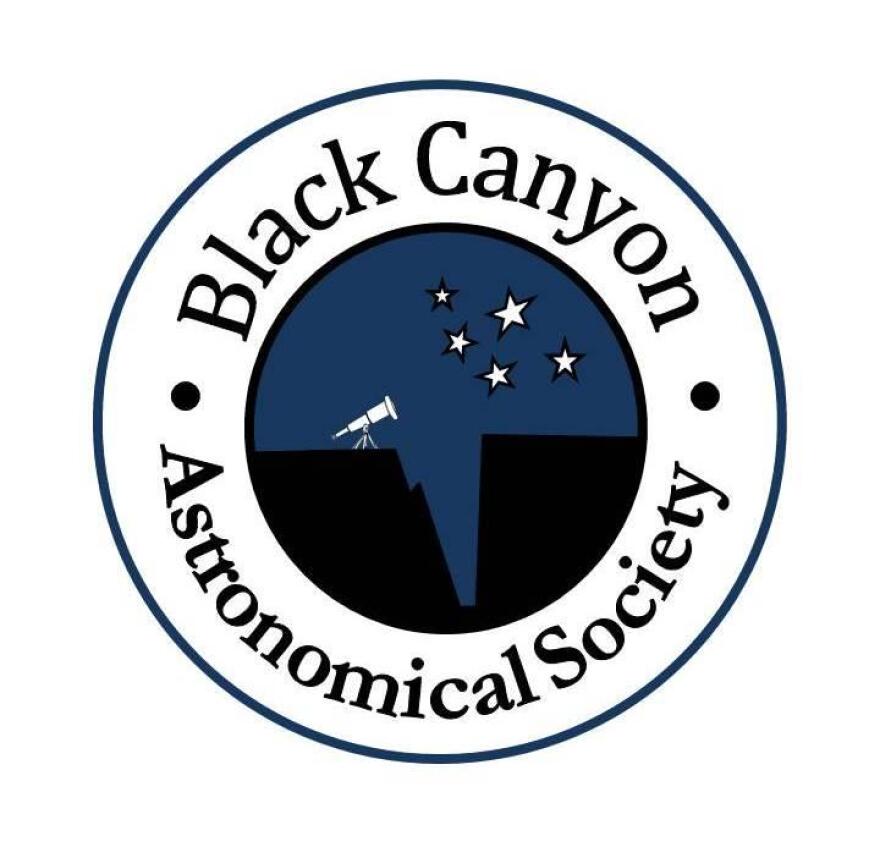-
The last places on Earth to see truly dark starry nights
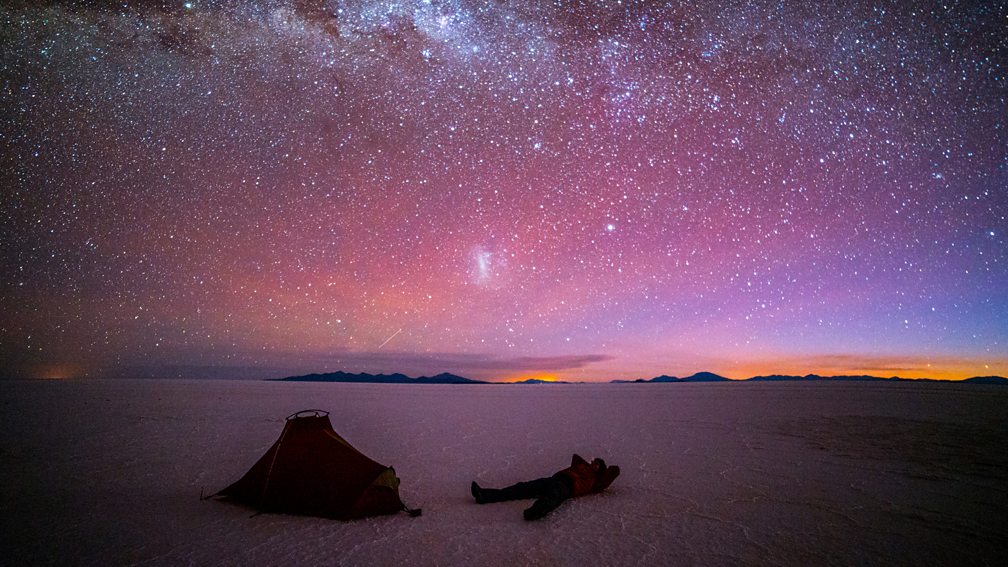
By Jordi BusquéFeatures correspondent Jordi Busqué (Credit: Jordi Busqué) Astrophysicist and documentary photographer Jordi Busqué shares 11 photos of the night’s sky that transcend the boundaries of science and venture into the realm of pure wonder. Before the beginning of the 19th Century, when Paris became the first city in Europe to use gas lighting…
-
A ‘Triple Star’ discovery set to revolutionise stellar evolution understanding
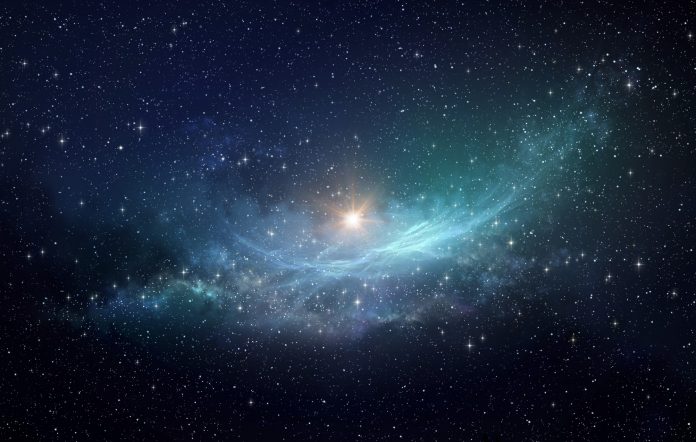
image: @titoOnz | iStock This discovery challenges previous assumptions about massive Be stars, suggesting they might exist in triple-star systems rather than just double stars. The research conducted by PhD student Jonathan Dodd and Professor René Oudmaijer from the School of Physics and Astronomy opens up exciting avenues for further exploration and investigation in astrophysics.…
-
Save 23% on the excellent Nikon Prostaff P7 8×42 binoculars this Black Friday

One of the best small sets of binoculars is on offer this Black Friday: Amazon has reduced the Nikon Prostaff P7 8×52 binoculars by 23%, making them just $146.95. “Incredibly well-made and high quality” is how we described the Nikon Prostaff P7 8×52 binoculars in our review. Could you ask for more in a product?…
-
Black Friday: Save 30% on the Celestron SkyMaster 15×70 Binocular
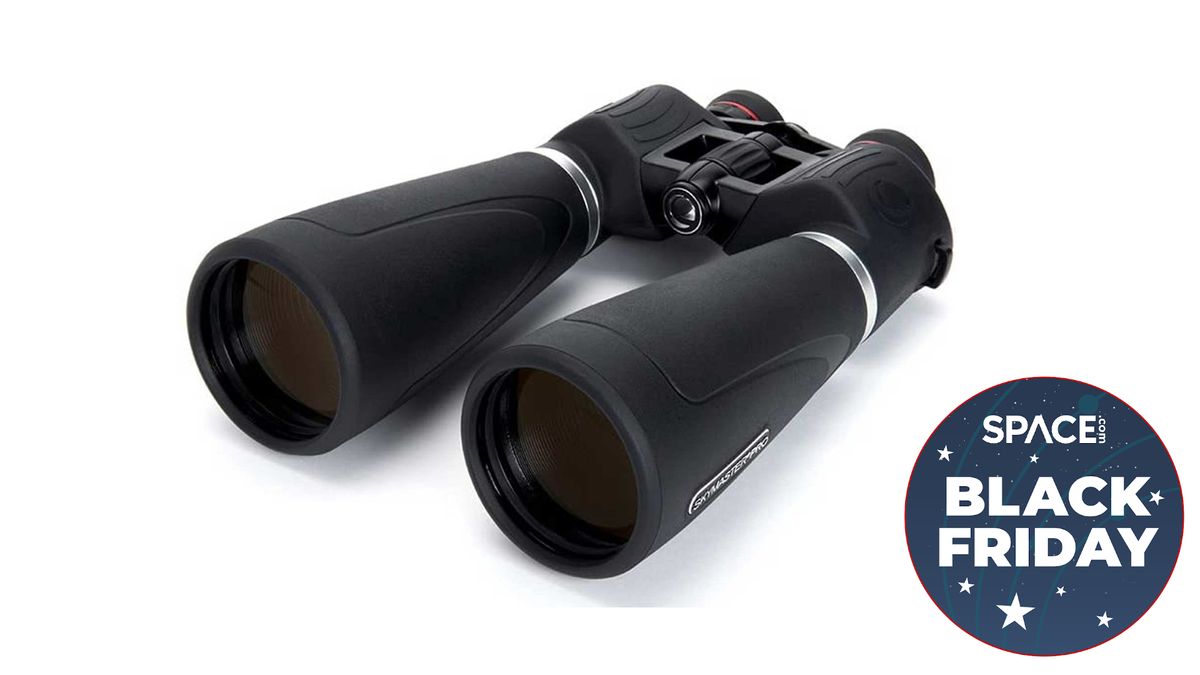
Peer at the night sky with Celestron binoculars using a great Black Friday discount. The Celestron SkyMaster 15×70 Binocular is 30% off this Black Friday and you can get it on on sale right now at Amazon for $84.79. Packing magnification, aperture and portability in a compact set, this binocular will allow you to look…
-
The best beginner Celestron telescope is $100 off for Black Friday
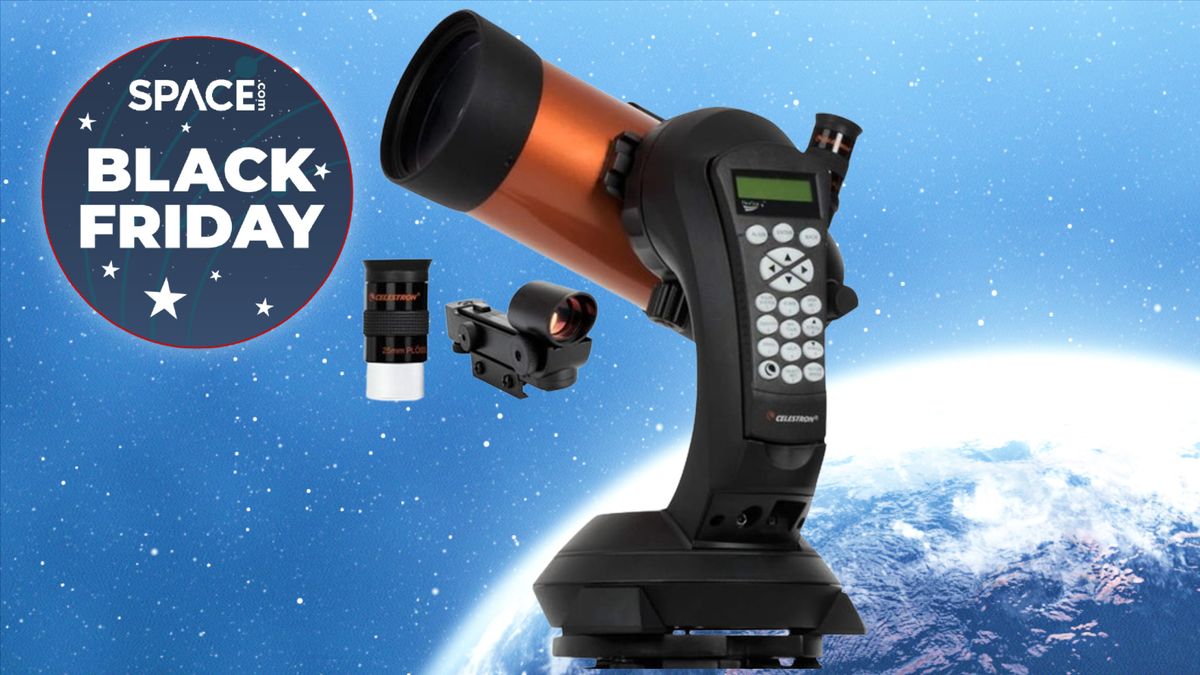
Astronomy is a wonderful hobby with a rich history of tradition, but it can be tricky to work out where to start sometimes. The best telescopes can often feel too complex, while some budget options can be a little flimsy or less powerful. Thankfully, the Celestron NexStar 4SE is an ideal option for just about…
-
Western Slope Skies – Astronomy Highlights for 2024
2024 is almost here, and in astronomy, a lot will be happening. The sun is approaching the peak of its 11-year activity cycle. Expect many sunspots, extreme solar flares, and coronal mass ejections of charged particles.This activity may trigger auroras, aka northern lights, and airglow, which may be visible from the Western Slope. Although comet…
-
There are Ideal Orbits for Space-Based Interferometers
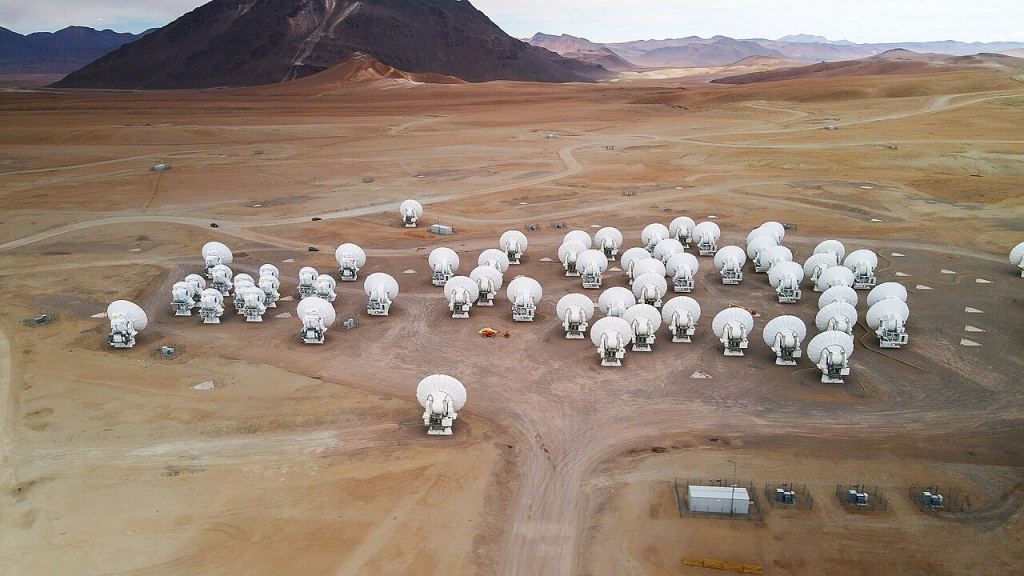
Ever since the telescope was invented in 1608, astronomers have striven for bigger and better telescopes. When it comes to instruments to observe the sky, bigger really is better whether you are observing faint galaxies or planets a larger collector gives higher resolution and brighter images. A paper recently published looks into different kinds of…
-
Moon and Jupiter
Jupiter is the third-brightest object in the night sky — only the Moon and Venus outshine it. If our eyes were sensitive to infrared light, Jupiter would look even brighter. That’s because it radiates about twice as much energy into space as it receives from the Sun — all in the infrared. Scientists still aren’t…
-
James Webb telescope reveals gargantuan ‘Mothra’ star in most colorful image of the universe ever taken
NASA has combined the power of its two premier space telescopes to produce one of the most colorful and comprehensive views of the universe ever. Using data from the James Webb Space Telescope (JWST) and Hubble Space Telescope to collect light in different wavelengths, a new, combined image reveals a parade of stars and galaxies…
-
10 scenic spots to watch the April 2024 total solar eclipse
The total solar eclipse on April 8, 2024 will be visible from North America within a narrow path of totality around 115 miles (185 kilometers) wide. That path, which stretches from Mexico to Canada via 15 U.S. states, will pass through many state parks, national parks and other scenic spots that offer a perfect backdrop…
